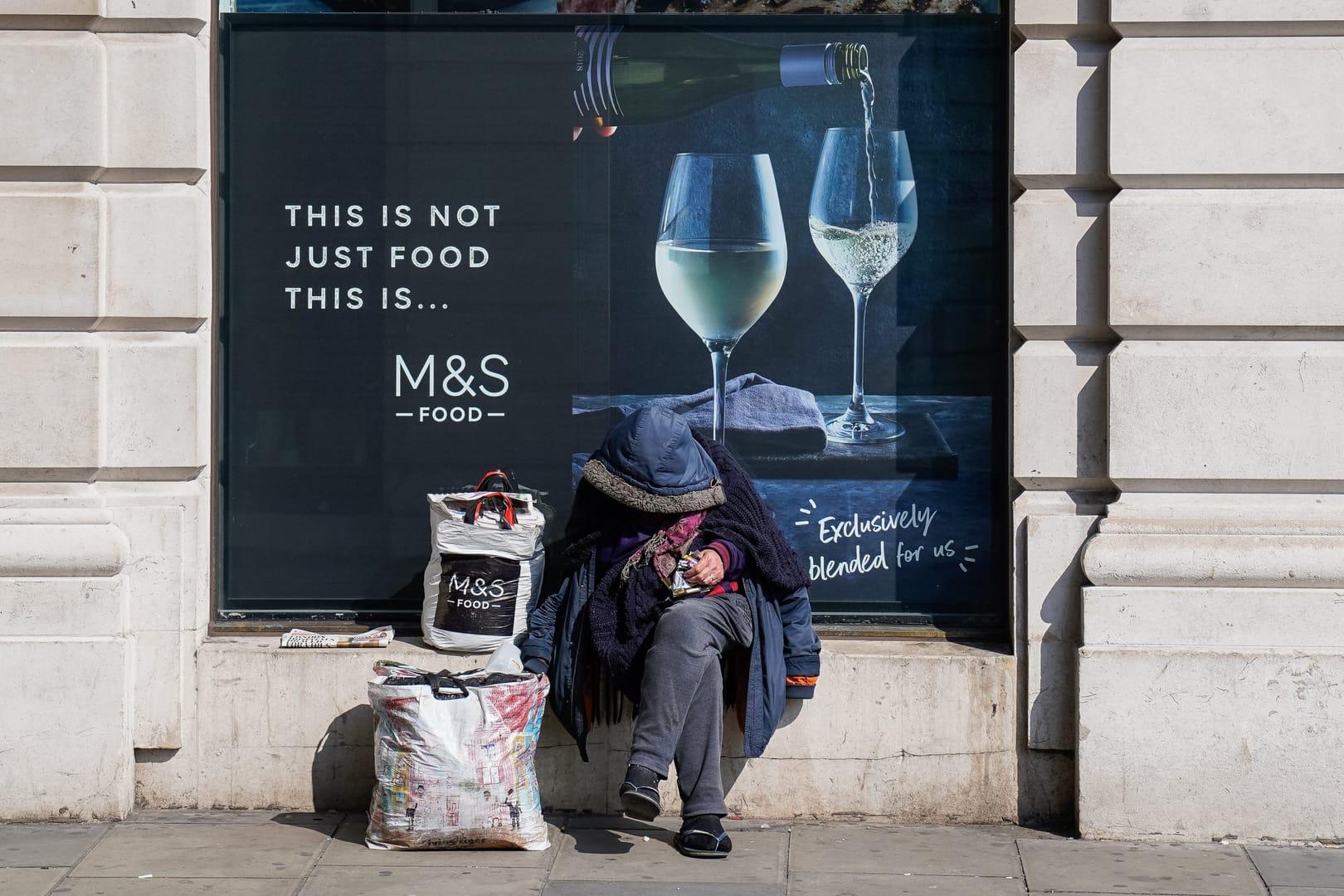MANCHESTER, United Kingdom — The Catholic Church asked the UK government to give extra cash to religious charities to prevent them from going bust as the country crashed officially into a recession.
In a letter to Oliver Dowden, secretary of state for digital, culture, media and sport, Church leaders warned that Catholic charities faced “a perfect storm” financially, and many could be forced to close down.
They requested that the “gift aid” scheme — under which the government supports charities by augmenting private donations with an additional 25 pence for every 1 pound private donors declare on taxes — be extended immediately to a higher rate.
Even an extra 8 pence per 1 pound would help to offset losses of hundreds of thousands of pounds incurred by Catholic dioceses and Catholic charities since the lockdown began in March, the leaders suggested.
“Such a measure would be a great help to church groups and other Catholic charities, who help to support some of the most vulnerable people in our society,” said the Aug. 10 letter signed by Bishop Richard Moth of Arundel and Brighton, chairman of the department for social justice of the Bishops’ Conference of England and Wales; Nigel Parker, director of the Catholic Union of Great Britain, a political lobby group; and by Philip McCarthy, chief executive of the Caritas Social Action Network.
The open letter thanked the government for the “vital lifeline” of a 750 million-pound package of support given to the voluntary sector during the pandemic, but said “charities continue to face huge financial pressures, and more support is urgently needed.”
“As we begin the task of getting our country back on its feet, it’s clear that the work of many charities is needed more than ever,” it said. “In many cases, it is charities — particularly faith groups — that can reach people who are most in need of support.
“This has been seen in London through the work of the Central London Catholic Churches in supporting rough sleepers during the pandemic,” it said, referring to people who sleep on the streets.
“Charities face extraordinary demand for their services, and yet they also face extraordinary pressures,” the letter continued. “Many church groups and other Catholic charities are reporting a fall in income and fewer volunteers, at precisely the time their work is most needed. They face a perfect storm, which could force some to close their doors.
“Our priority is to see an enhanced Gift Aid scheme introduced as soon as possible, so that charities can begin to benefit immediately,” the letter added. “There has never been a more urgent time to make this change. The government has been generous in responding to the needs of other groups and sections of society during this pandemic. It’s time that charities got a fair deal.”
The Institute of Fundraising, the professional membership body for the sector, has previously expressed the opinion that the gift aid rate should be raised to 33 pence per 1 pound for at least the next two years.
The Catholic Church first intervened with a similar request in late June when Mike Kane, a Labour member of Parliament and a Catholic, told the House of Commons his home Diocese of Shrewsbury, itself a registered charity, had lost about a third of its income in the first three months following lockdown, which amounted to losses of some 700,000 pounds.
“This will impact on building maintenance,” he said.
In response, Andrew Selous, the second church estates commissioner, said he would raise the matter with government on behalf of Kane and the diocese. The matter was subsequently also taken up by the bishops, the Catholic Union and Caritas.
In a statement posted Aug. 11 on the website of the Catholic Union, James Somerville-Meikle, the group’s head of public affairs, said “there has never been a better time” to reconsider how the gift aid scheme could be used to support the work of charities.
A statement from the bishops, also posted on the website, said: “Society must be reopened not only to healthy, employed and financially stable members of society, but also to those marginalized and vulnerable people for whom this has been a time of stress, fear and uncertainty.
“The work of charities in ensuring the health, well-being and fundamental human dignity of all people, especially those most in need, cannot be underestimated.”
The letter was sent to Dowden just two days before figures from the Office for National Statistics, a government agency, confirmed that the UK had officially entered its worst recession on record.
The economy slumped by 20.4 percent between April and June compared with the first three months of 2020, and gross domestic product fell twice as fast as in the U.S. and Germany.
In the same period, about a quarter of a million people lost their jobs, with many more losses expected when government furlough packages come to an end by October.















